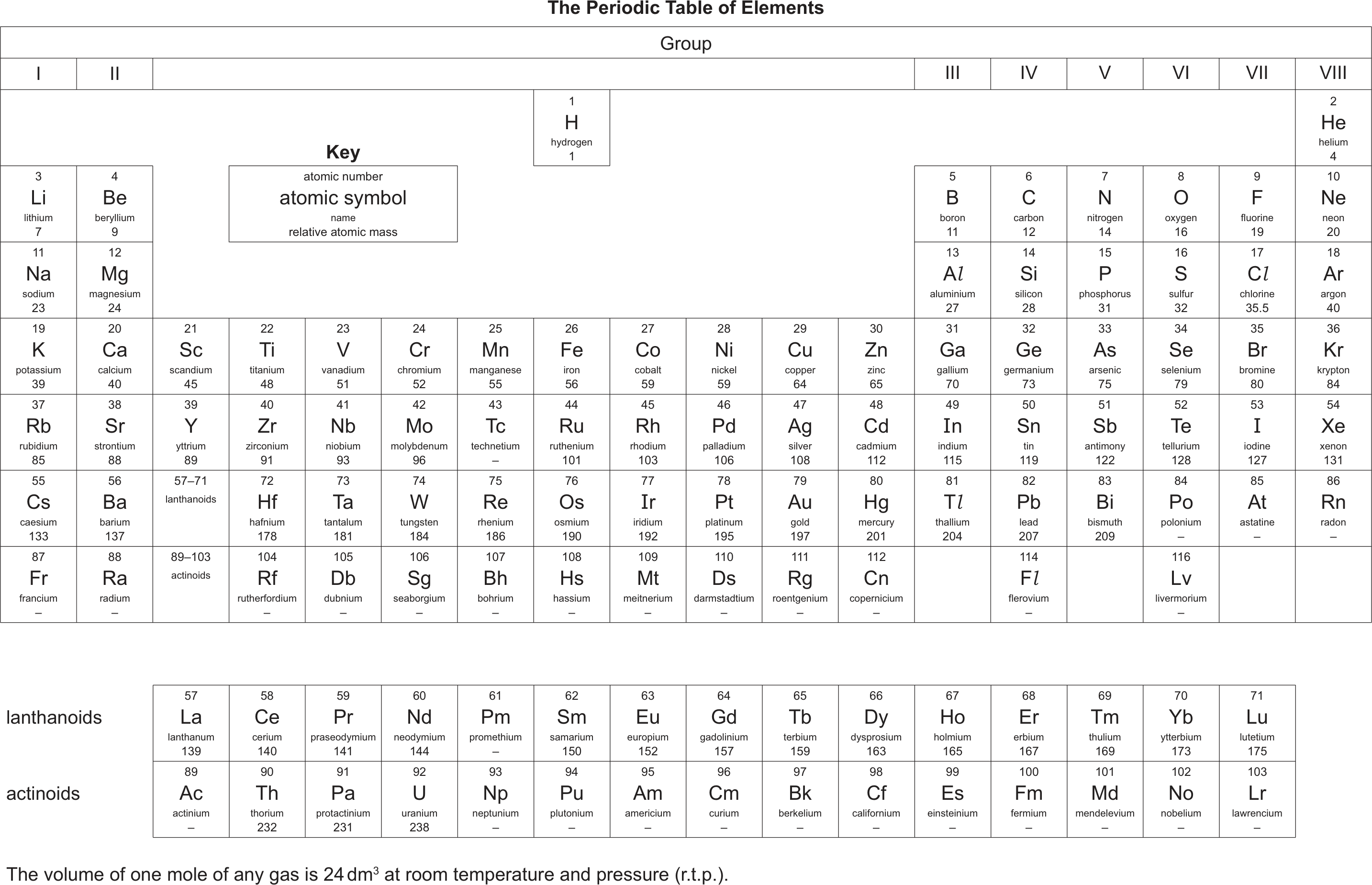A
1, 2 and 3 are correct
B
1 and 2 only are correct
C
2 and 3 only are correct
D
1 only is correct

